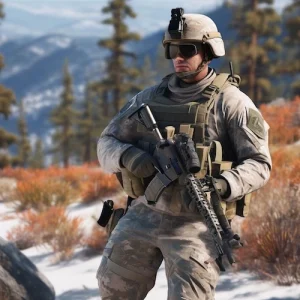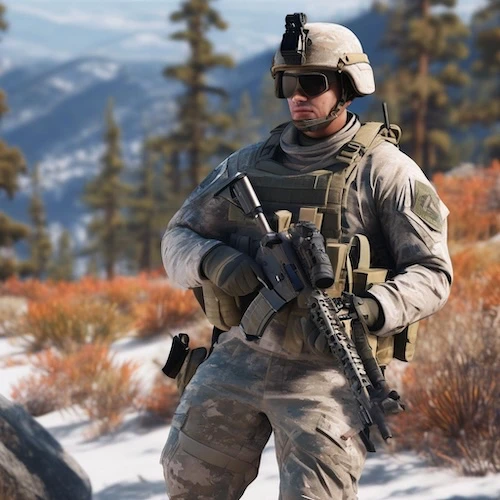Article 120c UCMJ – Indecent Conduct, Exposure & Viewing Charges | Complete Defense Guide
Under the Uniform Code of Military Justice (UCMJ), Article 120c covers
indecent exposure, indecent conduct, and indecent viewing/recording.
These charges are often misunderstood and can arise from off-duty behavior, digital exchanges,
or allegations of “peeping.” Even without physical contact, an Article 120c conviction can
result in a punitive discharge, confinement, and sex-offender registration.
Gonzalez & Waddington, elite military defense lawyers and
court-martial attorneys, have defended service members accused of these charges worldwide.
Watch: Gonzalez & Waddington – Elite Military Defense Lawyers
What Does Article 120c Cover?
- Indecent Exposure: Intentionally exposing genitalia in an indecent manner in a place where others are present or could reasonably observe.
- Indecent Conduct: Engaging in behavior of a sexual nature that is grossly offensive to military community standards (e.g., public sex acts, sexting explicit images).
- Indecent Viewing/Recording: Knowingly viewing, recording, or distributing private areas of another person without consent.
Consequences of an Article 120c Conviction
- Punitive discharge: Dishonorable discharge (enlisted) or dismissal (officers).
- Confinement: Depending on severity, confinement can range from months to years.
- Sex-offender registration: Many 120c convictions require registration, damaging post-service employment and reputation.
- Collateral consequences: Loss of benefits, security clearance eligibility, and civilian job opportunities.
Pro Tips for Defending Article 120c Cases
- Demand full digital forensics: Do not rely on screenshots. Require native files and metadata.
- Challenge “indecency”: What’s indecent is often subjective. Context and environment matter.
- Establish consent: Many sexting and image-sharing cases involve consent that was later retracted.
- Identify alternate users: Phones, shared devices, or accounts may have been accessed by others.
- Attack chain of custody: Ensure investigators properly handled digital devices and evidence.

Common Mistakes That Hurt the Defense
- Admitting misconduct during CID/NCIS/OSI interrogations without counsel.
- Deleting texts, apps, or photos—appears as obstruction and can be recovered.
- Assuming these charges are “minor” compared to sexual assault—120c can still end careers and require registration.
- Failing to rebut allegations at the administrative level (NJP or separation boards).
- Not hiring a civilian military defense lawyer early in the process.
Defense Strategies That Win
- Consent defense: Show the alleged victim consented to images, recordings, or exposure.
- Lack of intent: Accidental or incidental viewing is not the same as deliberate misconduct.
- Digital authenticity: Challenge whether the government can prove the accused created or distributed the file.
- Alternative explanations: Innocent context for alleged indecent conduct (e.g., medical necessity, locker room exposure).
- Bias or motive: Expose retaliation, jealousy, or exaggeration by the accuser.
Call Gonzalez & Waddington | Elite Court-Martial Attorneys
If you’re accused under Article 120c UCMJ, your career, reputation, and freedom are on the line.
Gonzalez & Waddington are battle-tested military defense lawyers who defend service members worldwide.
Call 1-800-921-8607 or visit
ucmjdefense.com.
FAQs: Article 120c UCMJ
Is sexting considered indecent conduct?
Yes. Sending explicit images or videos can fall under Article 120c if deemed indecent and service-discrediting.
Do I have to register as a sex offender if convicted?
Many Article 120c offenses require sex-offender registration. Your defense lawyer will assess your specific charge and jurisdiction.
Can I be convicted without photos or videos?
Yes. Testimony alone may be enough if the panel believes it beyond a reasonable doubt, but strong defense challenges credibility.
Can off-duty conduct be charged under 120c?
Yes. If the conduct is service-discrediting or prejudicial to good order, even off-duty behavior can be prosecuted.
What’s the best defense against 120c charges?
Challenging consent, intent, digital authenticity, and the credibility of witnesses are often decisive strategies.


